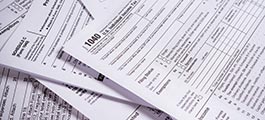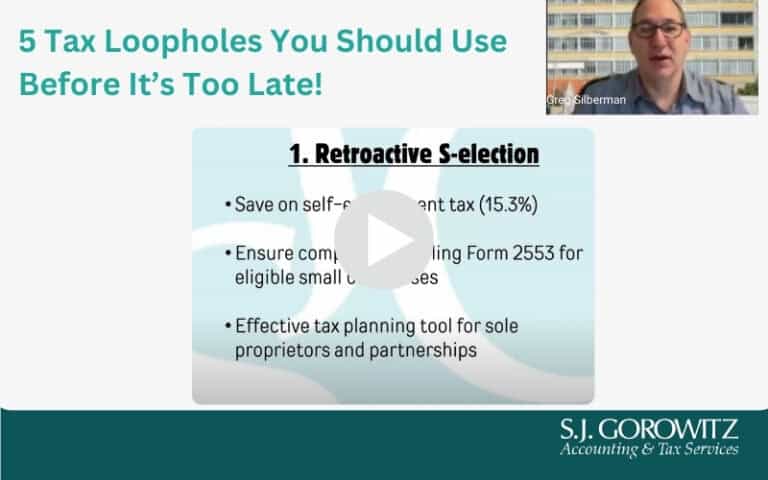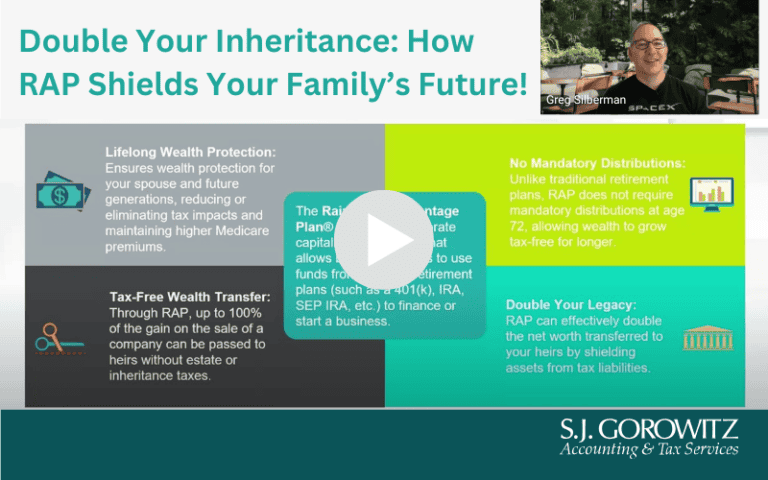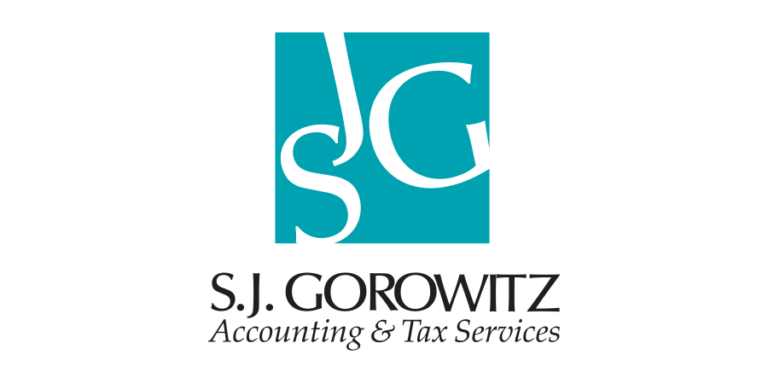Changes to the Health Reimbursement Account (HRA) policy are hot off the press. If you own a small business, here’s what you need to understand about this important issue.
 Beginning January 1, 2014 employers were no longer allowed to reimburse employees for medical insurance premiums or other medical expenses. Despite that policy, many employers have continued to use HRAs to reimburse insurance premiums paid directly by the employee and/or other medical expenses.
Beginning January 1, 2014 employers were no longer allowed to reimburse employees for medical insurance premiums or other medical expenses. Despite that policy, many employers have continued to use HRAs to reimburse insurance premiums paid directly by the employee and/or other medical expenses.
Reimbursing health insurance expenses has been a common practice for employers that did not offer group medical/health insurance. Viewed as a benefit to employees and as a deductible business expense to employers, many employers would reimburse actual expenses for health insurance premiums or medical expenses up to a flat amount.
Starting in 2014, ACA market reforms imposed on group health plans reclassified HRAs as “group health plans.” Under that structure, the HRAs do not meet Modified Endowment Contract – MEC standards. The reforms put employers at risk of penalties of up to $100 per day per employee/participant for having a noncompliant plan. 1
What the HRA revisions mean for you and your CPA
The new IRS Notice 2015-17 provides some transition relief and clarification for the current filing season for small businesses. Your CPA can help you determine if medical expense reimbursement practice is still taking place and calculate required penalties.
This process requires both looking back to determine all applicable facts. It also involves making sure you understand the new law so you can operate in compliance going forward. If you are found to be non-compliant, your CPA will work with you to calculate the penalty you must pay when filing your 2014 income taxes. Your CPA also should recommend clear corrective actions for going forward to safeguard you from future penalties.
How to know if you are impacted by the revised reimbursement policies
A company with fewer than 50 full-time employees is deemed eligible for relief from assessment of the Sec. 4980D excise tax (penalties noted above). This relief applies for all of 2014 through June 30, 2015, giving small employers additional time to comply with the new law. Eligible employers are also excused from filing Form 8928, Return of Certain Excise Taxes Under Chapter 43 of the Internal Revenue Code.
HRA is a pressing and potentially expensive issue for small businesses. S.J. Gorowitz is an experienced voice of guidance and assistance in tax compliance issues.
Contact us for a trusted guide who can help you save money and enjoy peace of mind.
1 The Sec. 4980D excise tax of $100 per day per affected participant applies to health insurance employer payment plans that do not comply with the market reforms imposed on group health plans by PPACA.


